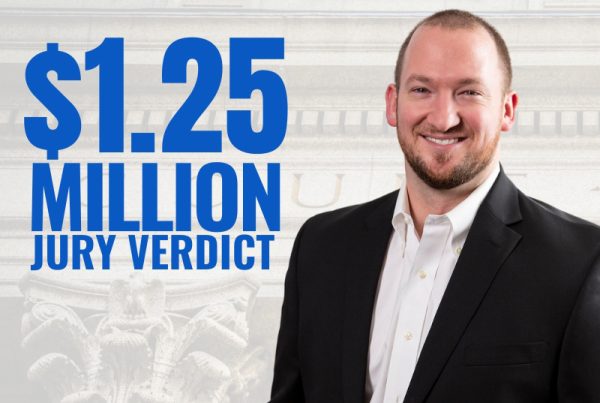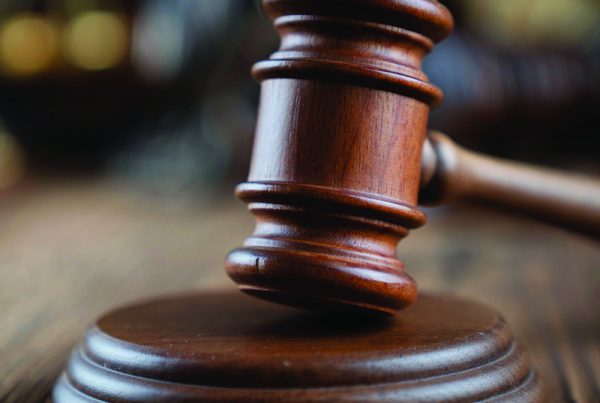On June 28, 2021, the Supreme Court of the United States (SCOTUS) summarily reversed the Eighth Circuit Court of Appeals and remanded Lombardo v. City of St. Louis, Missouri (Lombardo), instructing the lower court to re-examine its finding that officers acted reasonably when they held Nicholas Gilbert on the ground in the prone position until he died from asphyxiation.
Kevin M. Carnie, Jr. of The Simon Law Firm, P.C. and Jonathan E. Taylor, principal, at Gupta Wessler PLLC in Washington, D.C. led the team of attorneys representing Mr. Gilbert’s parents.
In December of 2015, Gilbert was arrested for trespassing and failing to appear in court for a traffic ticket and was taken to a city holding cell. During his time in the holding cell, officers said Gilbert began acting erratic and allegedly tied a piece of fabric to the bars of his cell in an apparent attempt to hang himself. Six officers entered the cell to subdue Gilbert, putting him face-down with their body weight on his back, arms, and legs while he was already handcuffed and in leg shackles, even though St. Louis instructs its officers that pressing down on the back of a prone subject can cause suffocation. Experiencing immense pain and an increasing inability to breathe, Gilbert was held in the prone position for over fifteen minutes. Trial court records show Gilbert tried to raise his chest, saying, “It hurts. Stop,” before he finally became unresponsive. Lombardo v. Saint Louis City, 361 F. Supp. 3d 882, 898 (E.D. Mo. 2019).
The Eighth Circuit Court of Appeals, located in downtown St. Louis, held the officers did not use excessive force in subduing Gilbert. Lombardo v. Saint Louis City, 956 F. 3d 1009, 1014 (8th Cir. 2020). Upon review of briefing in Lombardo, SCOTUS granted certiorari, vacated the judgment of the Eighth Circuit, and remanded the case back to the Eight Circuit for further review.
Citing Graham and Kingsley, SCOTUS found the Eighth Circuit described as “insignificant” facts that could potentially be important in analyzing whether the officers’ actions were “objectively reasonable” in light of the facts and circumstances confronting them, such as Gilbert already being handcuffed and leg shackled when officers moved him to the prone position. SCOTUS also stated that it was unclear whether the Eight Circuit thought the use of a prone restraint—”no matter the kind, intensity, duration, or surrounding circumstances”—is per se constitutional so long as an individual appears to resist officers’ efforts to subdue them. SCOTUS found that this type of per se rule would contravene the careful, context-specific analysis required by previous precedent.
In response to the decision, Kevin M. Carnie, Jr. expressed his satisfaction with the ruling, stating, “It’s a good first step. But there’s a lot of work left to be done. This decision shows that the Supreme Court, like the rest of the country, is interested in addressing the problems that our country is facing with police community relations and excessive force.”
Learn More:







